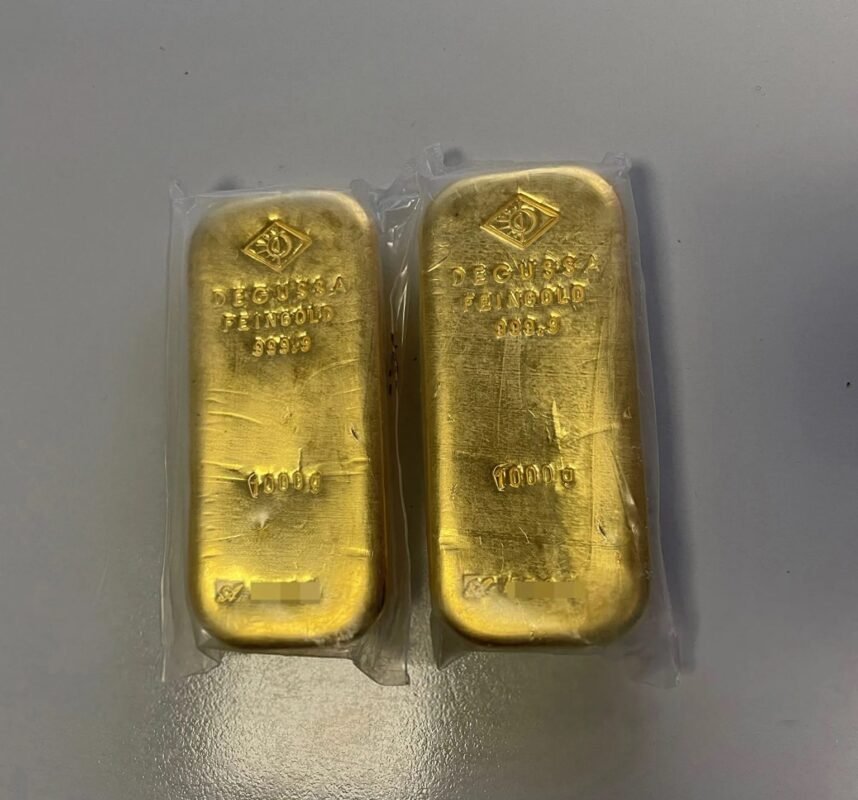Uncategorized
Market for Gold in Kenya
The Market for Gold in Kenya: A Comprehensive Analysis
The market for gold in Kenya has experienced rapid growth over the years, attracting both local and international investors. The country has vast gold deposits, with mining operations taking place in various regions. The gold trade in Kenya plays a crucial role in the national economy, providing employment, generating foreign exchange, and positioning Kenya as a key player in Africa’s gold industry.
Overview of Kenya’s Gold Market
Kenya is emerging as a significant gold producer and a central hub for gold trade in East Africa. The country’s gold market is shaped by various factors, including mining activities, government regulations, and global gold prices.
Key Features of the Kenyan Gold Market
- Gold Mining Areas: Kakamega, Migori, Narok, Turkana, and West Pokot.
- Gold Exports: Kenya exports refined and unrefined gold, mainly to the United Arab Emirates, Europe, and Asia.
- Informal and Formal Gold Trade: The market consists of artisanal miners, licensed dealers, and large-scale mining operations.
- Government Regulation: Kenya has established policies to regulate the mining sector, combat illegal trade, and promote responsible gold extraction.
Gold Mining in Kenya
Gold mining in Kenya is divided into two primary categories: artisanal and small-scale mining (ASM) and large-scale mining operations.
Artisanal and Small-Scale Mining (ASM)
The majority of Kenya’s gold production comes from artisanal and small-scale miners. These miners operate informally, often using traditional techniques to extract gold. Despite contributing significantly to the local economy, ASM is associated with challenges such as environmental degradation, child labor, and smuggling.
Large-Scale Mining
Several licensed companies are engaged in large-scale mining operations, employing modern technology to extract and refine gold. These companies ensure compliance with environmental and labor laws, contributing to the formal economy.
Major Gold Mining Regions in Kenya
| Region | Mining Activity | Key Players |
|---|---|---|
| Kakamega | Artisanal mining & exploration | Small-scale miners, Licensed dealers |
| Migori | Artisanal mining, upcoming large-scale mining | Large mining firms, Local miners |
| Narok | Emerging mining sector | Artisanal miners, Foreign investors |
| Turkana | Small-scale mining | Local cooperatives |
| West Pokot | Large-scale mining | Major gold mining companies |
Gold Trade in Kenya
Gold trading in Kenya involves multiple stakeholders, including miners, traders, refiners, and exporters.
1. Local Gold Dealers
Local dealers purchase gold from artisanal miners and resell it to refineries or exporters. Many of these transactions occur informally, leading to regulatory challenges.
2. Licensed Gold Exporters
Kenya has several licensed gold exporters who process and ship gold to international markets. These companies ensure compliance with government regulations and taxation policies.
3. Gold Refineries
Kenya has established refineries that process raw gold into high-purity gold for export. The Gold Refinery in Nairobi is one of the largest refineries in the country.
Gold Prices in Kenya
| Gold Purity | Price Per Gram (KES) | Price Per Gram (USD) |
|---|---|---|
| 24K (999.9) | KES 9,500 – 10,500 | $75 – $80 |
| 22K (916) | KES 8,500 – 9,500 | $67 – $72 |
| 18K (750) | KES 6,500 – 7,500 | $48 – $53 |
| 14K (585) | KES 4,500 – 5,500 | $32 – $37 |
Gold Export Regulations in Kenya
- Licensing Requirements: Exporters must obtain a license from the Ministry of Mining.
- Taxation and Royalties: Gold exporters are subject to government-imposed taxes and royalties.
- Anti-Smuggling Measures: Authorities have increased efforts to curb illegal gold smuggling to neighboring countries.
- Environmental Compliance: Mining companies must adhere to environmental protection laws.
Investment Opportunities in Kenya’s Gold Market
- Gold Mining Investment: Foreign and local investors can invest in gold mining projects.
-


